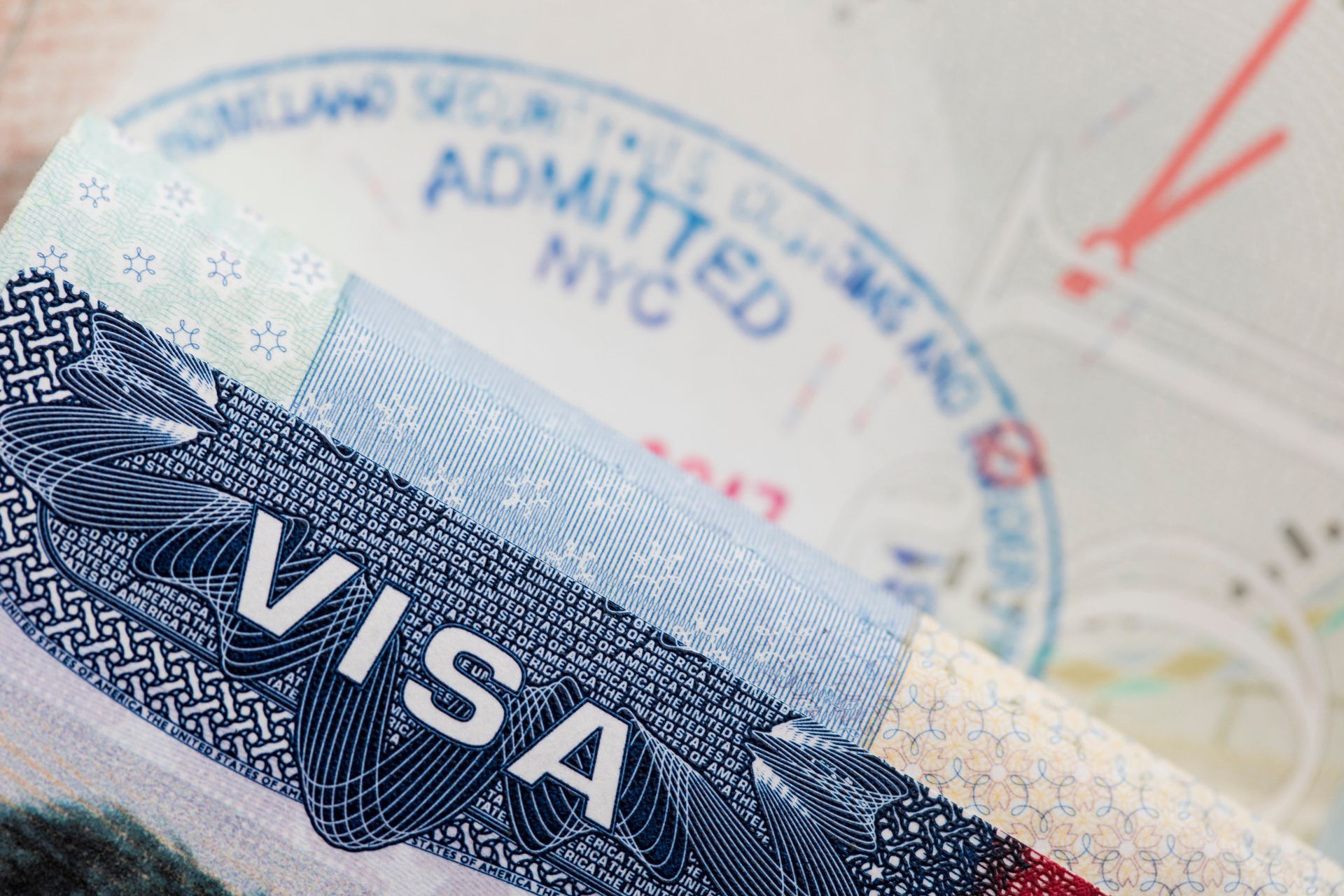Sponsoring a Second Spouse for a Green Card - Does the Time Gap Between Marriages Matter?
Sponsoring a Second Spouse for a Green Card - Does the Time Gap Between Marriages Matter?
Immigration laws in the United States offer the opportunity for U.S citizens and lawful permanent residents to obtain a green card for their foreign-born spouse. However, what if you are sponsoring a second spouse for a green card? Does the time gap between marriages matter? Whether it is a big gap or a few months, there could be some legal implications when you’re sponsoring a second spouse. In this blog post, we will delve into whether the time gap between marriages matters, and how an attorney can assist you in marriage-based immigration matters.
Firstly, let’s discuss the time gap between marriages. There is no specific law that provides any minimum or maximum time between the marriage and application for a green card. However, the USCIS might raise an eyebrow if there’s a quick divorce and a subsequent marriage soon after that. In general, as a sponsor, you will have to establish that the second marriage was bona fide and not just done for obtaining an immigration benefit.
Secondly, when sponsoring a second spouse, you might need to prove that your first marriage ended legitimately, especially if your first spouse is also an immigrant and has a green card based on marriage to you. If you married and sponsored your first spouse, then divorced soon after, and married again soon after that, USCIS could view your second marriage with suspicion. Your attorney can help you clarify the legitimacy of the first marriage dissolution and establish the genuineness of the second marriage.
Thirdly, the application process when sponsoring a second spouse is often more complicated than the first time. This is because USCIS may see the act of marrying and divorcing quickly and remarrying as a red flag that there may be no practical marriage dispelling the notion that the marriage exists solely for immigration purposes. Your attorney will help you demonstrate the validity of the second marriage and provide the necessary documentation to defend against any USCIS allegations.
Fourthly, with the help of an attorney, you can make informed decisions about the visa program that best fits your situation. Generally, you will need to apply for a K-3 visa or CR-1 visa. A K-3 visa allows you to join your spouse in the US while you apply for permanent residence. A CR-1 visa allows you to apply for a green card for your spouse overseas. An attorney can also help you evaluate your eligibility for any waivers, exceptions, or consular processing options that may apply to your case.
Fifthly, by working with an attorney, you can be confident that the paperwork is filed and completed correctly and accurately for your second spouse visa application. Your attorney will ensure that all necessary forms contain the truthful information needed in addressing any domestic or international travel undertakings to establish your presence at any required interviews.
Sponsoring a second spouse for a green card requires careful consideration, planning, and execution. While the time gap between marriages does not always matter, there could be legal implications that require an experienced attorney's attention. At Jeffrey Y. Bennett Law, we can assist the Kansas City public with marriage-based immigration matters. As an immigrant to the United States, working with us can help alleviate the stress and complexity of the visa application process. Contact us today to schedule a consultation.











